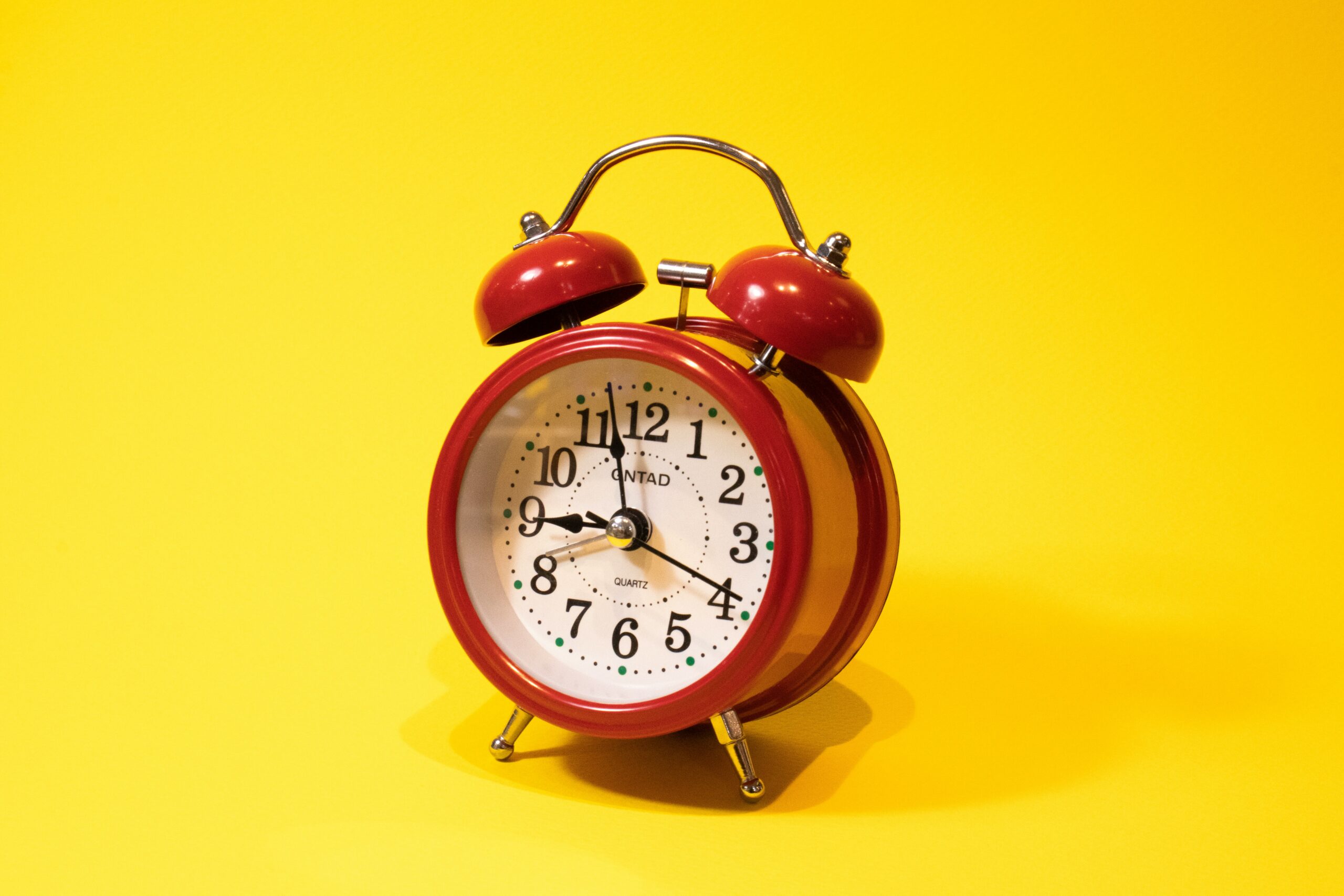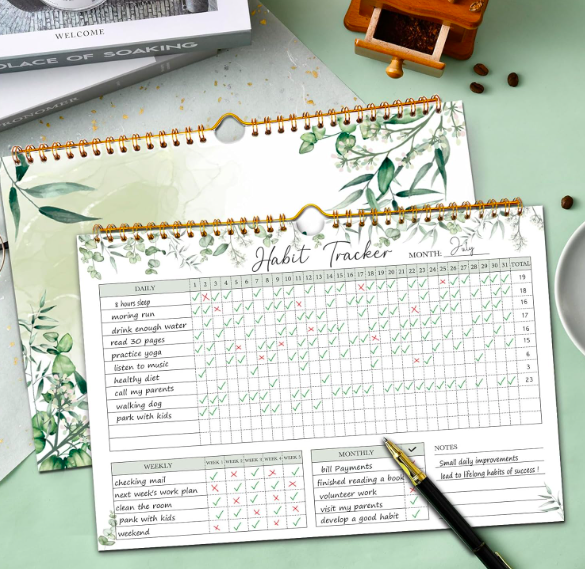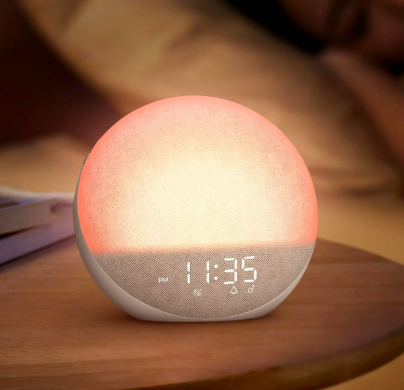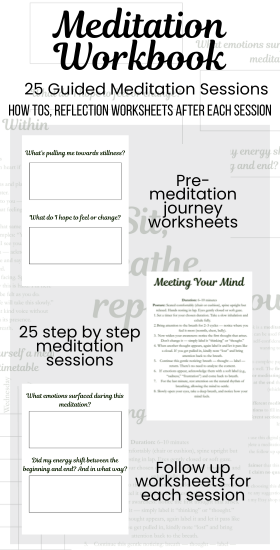I know I’ve been seeing a lot of content floating around social media recently of people showing their 5 to 9s before their 9 to 5s, and promoting it as a wellness hack/time organisation hack.
Personally, I’ve always thought that the healthiest sleep we can get (and therefore most beneficial for our mental healths) is waking up at the closest time possible to when the sun rises and it starts to get light outside – but in most countries, 5am is definitely still dark outside. So I’ve taken some time to explore what the benefits could be of getting up at 5am everyday and whether or not these could outweigh potential draw backs.
Skip to :
The Case for 5AM: Why People Swear by It
The main argument for waking up early is that it gives you quiet, uninterrupted time before the day starts. If you live with others, or your workday tends to spiral into chaos, that pre-dawn calm can feel like gold. It’s time you can claim entirely for yourself — to think, move, plan, or just exist without notifications pinging.
Many early risers also say it helps them feel more in control. Starting the day on your own terms, before the world demands anything of you, can boost motivation and reduce stress later on. There’s also some research suggesting that morning light exposure (once the sun is actually up) can improve mood and regulate circadian rhythm — though that benefit only kicks in if you’re actually catching daylight, not just your phone’s blue glow at 5AM.
And of course, for people whose goals depend on consistency — like training for a marathon, writing a book, or building a side business — that early slot might be the only reliable window available.
But Here’s the Catch: Sleep and Sunlight Matter
The biggest trade-off with a 5AM routine is obvious: you’re probably losing sleep. Unless you’re going to bed significantly earlier, those extra morning hours might just be borrowed from your rest time — and chronic sleep debt can undo any productivity gains you get from early starts. Learn more about the importance of sleep with this article: Why sleep is important for stress relief .
Sleep researchers consistently find that the best sleep quality comes from keeping a schedule aligned with natural light, not arbitrary clock times. In other words, it’s not about waking up early — it’s about waking up in sync. Your body’s internal clock, or circadian rhythm, is heavily influenced by light exposure. Waking up when it’s still dark, without compensating by getting more morning daylight later, can throw that rhythm off balance, leaving you feeling groggy or low on energy despite technically “doing more.”
Who Might Benefit (and Who Probably Won’t)
If you’re naturally an early bird and find yourself waking up refreshed at 5am — amazing, lean into it. But if you’re forcing it, constantly battling fatigue, or relying on caffeine to survive the mornings, your body might be telling you something.
The 5am routine tends to work best for people who:
- Can genuinely get to bed by 9pm or earlier, ie. going to bed at 9pm and then not taking half an hour or more to fall asleep.
- Thrive on structure and quiet mornings – this could be if you love organising your time into timetables and actually manage to be super productive during this time.
- Don’t mind adjusting social life or evening downtime.
For most others, though, it might be more sustainable to wake up just a bit earlier — say, 6:30 or 7am — and focus on quality morning habits rather than the clock itself. Remember that life is not a competition, and that comparing yourself to others is often useless as we all have different personalities that naturally allow us to do different things with our lives. Just because you don’t have a rigid 5 to 9 before your 9 to 5 doesn’t mean anything except that you are prioritising a routine that is best for you and not due to being over-influenced with this trend.
How to get up at the ideal time for you:
1. Track your natural rhythm for a week
If you didn’t have an alarm, when would you naturally wake up and feel ready to start the day? Try going to bed at a consistent time for a week, and notice what time your body wakes up on its own. That’s usually a good indicator of your true internal clock.
2. Sync with sunlight, not social media
Your body’s circadian rhythm is guided by light exposure — especially morning light. Try to get 10–15 minutes of natural daylight within the first hour of waking up. It helps set your internal clock and can make waking up earlier feel easier over time.
3. Be consistent — even on weekends
Keeping roughly the same sleep and wake times every day keeps your circadian rhythm stable. Big swings — like staying up till 2AM on Friday and trying to get up at 7AM Monday — confuse your body’s internal clock, making mornings harder.
4. Adjust gradually
If you want to shift your wake-up time, do it in 15–30 minute increments every few days. Sudden jumps (like deciding you’ll start waking at 5AM tomorrow) usually backfire and leave you feeling exhausted.
5. Make waking up rewarding
It’s easier to get out of bed when there’s something you want to do. Create a small, enjoyable ritual — a favourite breakfast, a stretch, a short walk, or music you love. Positive reinforcement matters more than willpower. I’ve linked some motivational treats you could reward yourself with:











